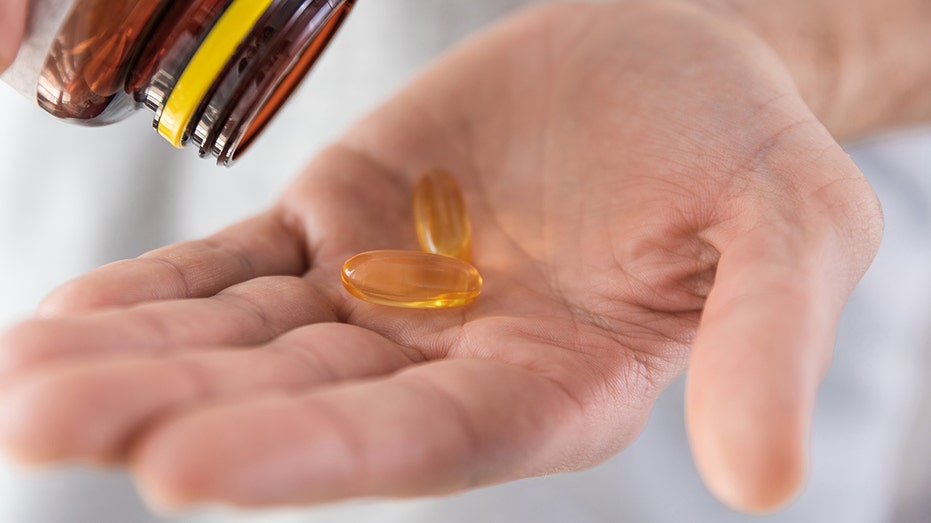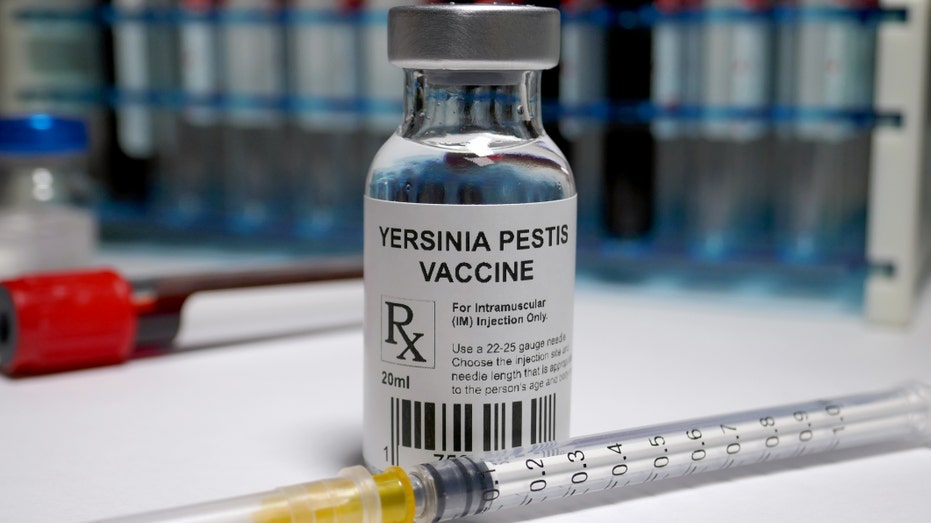Vitamin D Could Slow Aging by Protecting DNA, Major Study Reveals

Sarah Johnson
May 28, 2025
Brief
Vitamin D supplements may slow biological aging by protecting telomeres, a major study finds, potentially reducing age-related disease risks.
A groundbreaking study suggests that a simple daily dose of vitamin D might just be the fountain of youth we’ve all been searching for—well, at least at the cellular level. Researchers from Mass General Brigham and the Medical College of Georgia have found that vitamin D3 supplements could slow biological aging by preserving those tiny DNA caps called telomeres, which naturally wear down as we age.
In a four-year nationwide trial involving over 1,000 U.S. adults—men over 50 and women over 55—participants taking 2,000 IU of vitamin D3 daily showed significantly less telomere shortening compared to those on a placebo. The result? A reduction in biological wear and tear equivalent to nearly three years of aging, according to the study published in The American Journal of Clinical Nutrition.
Telomeres, likened to the plastic tips on shoelaces, protect our chromosomes from fraying or fusing. As they shorten over time, the risk of age-related diseases like cancer and autoimmune conditions rises. The study’s findings build on prior evidence that vitamin D reduces inflammation and lowers risks of certain chronic diseases, making it a potential powerhouse for healthy aging.
Interestingly, the trial also tested omega-3 fatty acids (1 gram daily), but these showed no significant effect on telomere length. So, while fish oil might be great for your heart, it’s not doing much for your DNA’s shoelaces.
Lead researcher Dr. JoAnn Manson from Harvard Medical School emphasized the trial’s significance as the first large-scale, long-term study to link vitamin D to telomere protection. However, the team cautions that more research is needed to confirm these effects across diverse populations and over longer periods. For now, before you start popping vitamin D pills like candy, consult a healthcare provider to nail down the right dosage and avoid potential risks.
Topics
Editor's Comments
So, vitamin D might keep your DNA from aging faster than a politician’s campaign promises. But omega-3s? They’re like the friend who shows up to the party but doesn’t dance. Here’s hoping future studies tell us if this sunshine vitamin can keep us spry or if it’s just another health fad aging like fine... milk.
Like this article? Share it with your friends!
If you find this article interesting, feel free to share it with your friends!
Thank you for your support! Sharing is the greatest encouragement for us.



